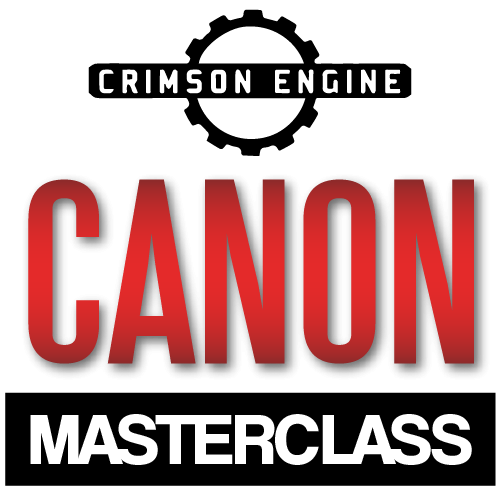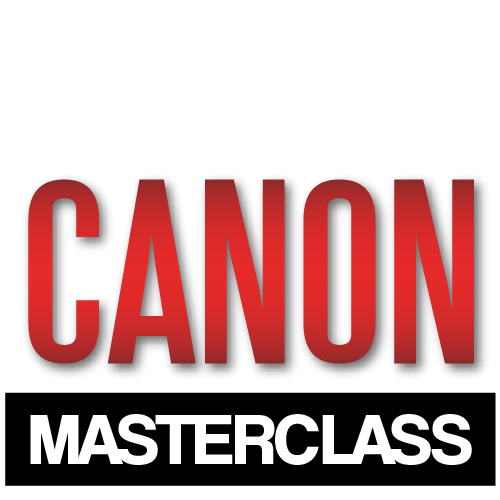My personal film career took off once I learned how to operate the camera, to light, to do all the things that are involved in the practical side of filmmaking. As opposed to the things that are involved in the theoretical side of filmmaking, producing, directing, storytelling, and screenwriting.
That was the first decade and a half of my filmmaking journey. That's something I was comfortable with, and I thought that's what my career would be. But I couldn't get past a certain level.
That was the first decade and a half of my filmmaking journey. That's something I was comfortable with, and I thought that's what my career would be. But I couldn't get past a certain level.
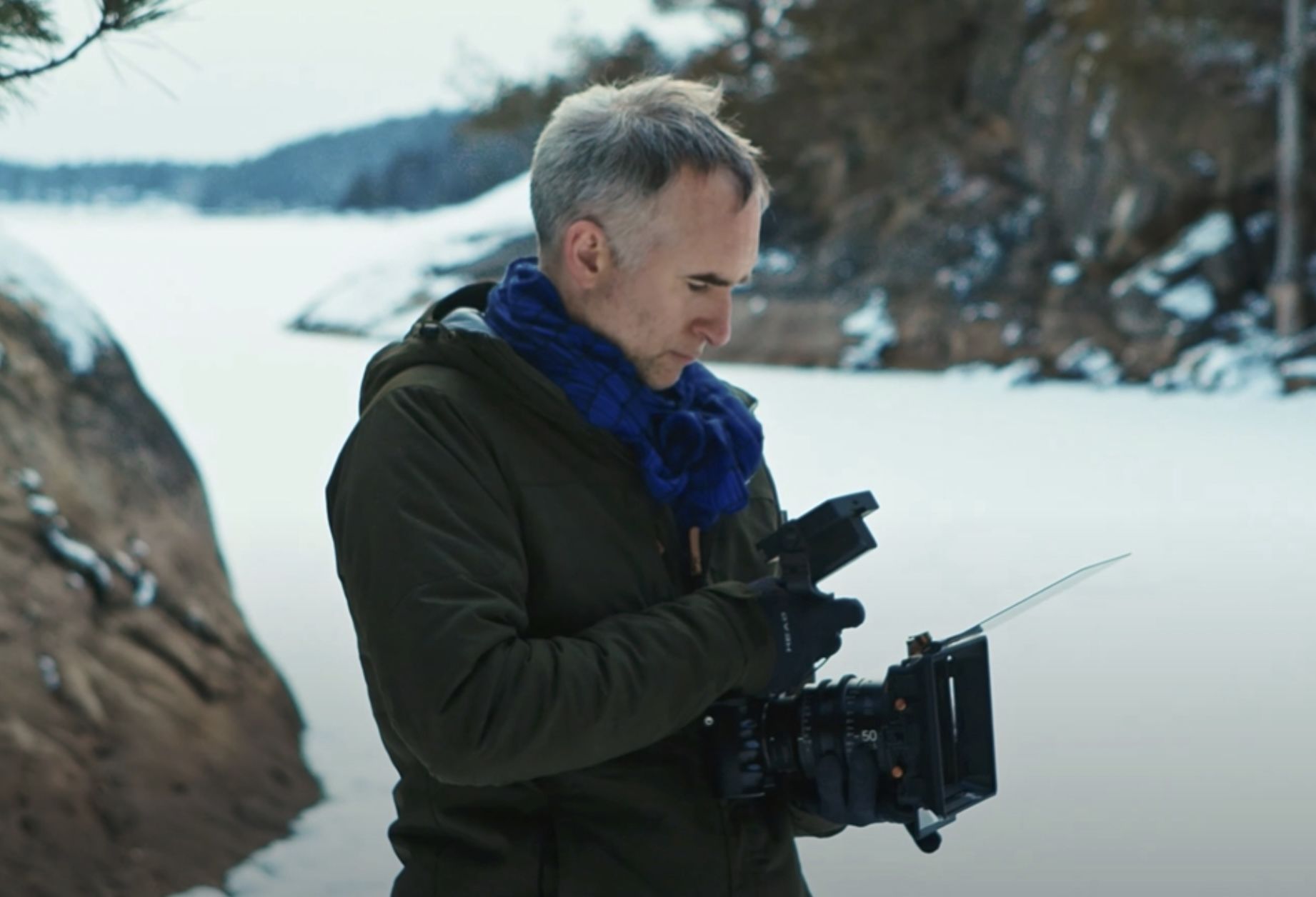
I felt really stuck in waiting for money, raising money, and waiting for other people to give me permission to make a film. I felt I couldn't make a film without their permission because I needed money to hire all those technicians and hire all that equipment. What choice did I have? I didn't know how to do it myself.
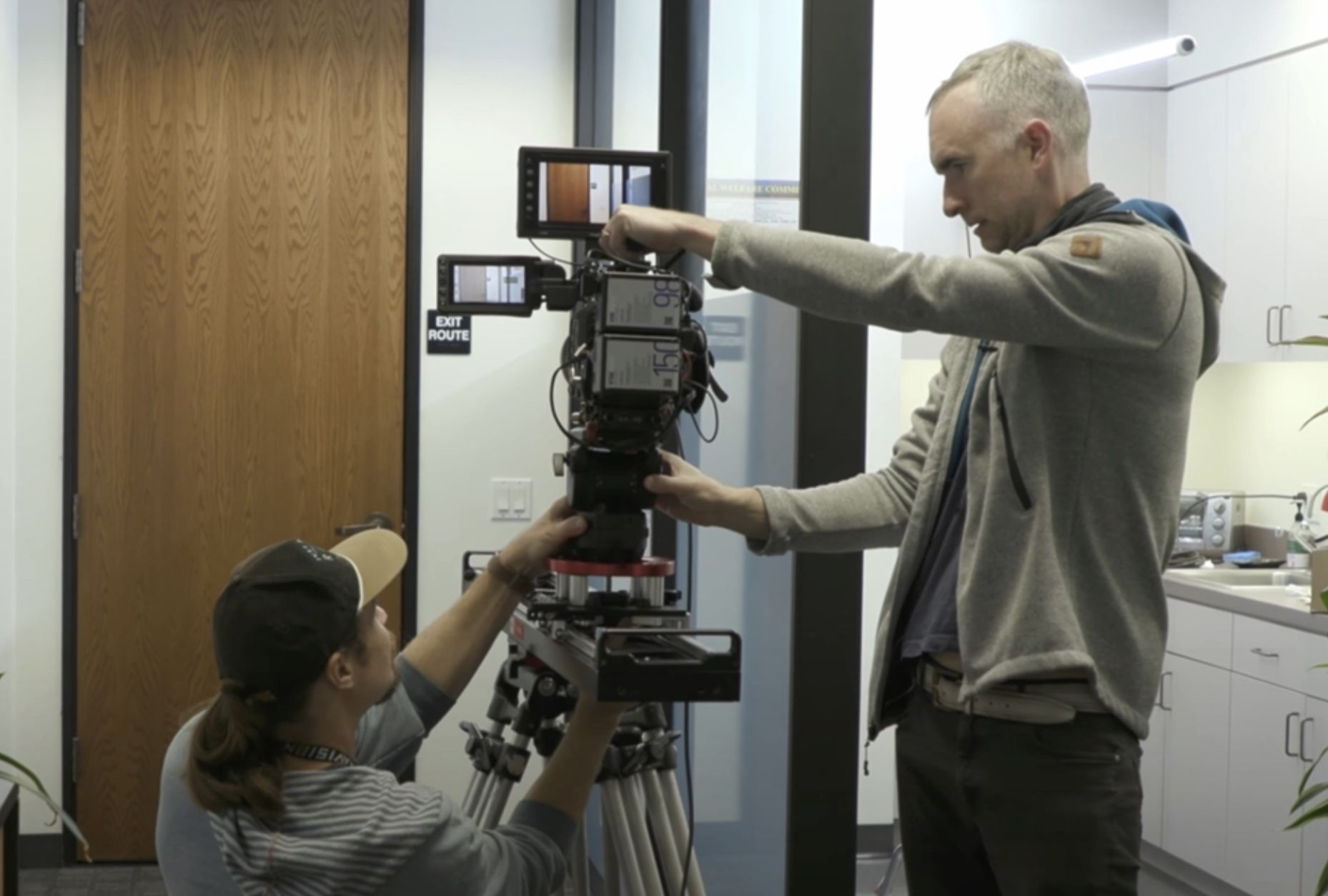
Once I learned how to do it myself things took off.
To be a cinema photographer back then you needed to either go to film school or you work five to ten
years coming up through the camera department and often both. That wasn't something that I wanted to do. I felt my job as a storyteller, first and foremost, was to come up with stories, write stories, and work with actors.
I don't regret the first 15 years of my film career by any means. I had amazing experiences. I was able to create work that I'm proud of and to be honest, back when I was shooting commercials in like 2006, 2007, 2008, we were shooting mainly on 35mm film anyway.
So, it wasn't as if I could have just taken a hundred thousand dollars out of my bank account and gone and bought a camera, bought film, and paid for it to be developed. It was just too hard to learn back then in the pre-Arri Alexa, Canon Cinema, Red ecosystem.
To be a cinema photographer back then you needed to either go to film school or you work five to ten
years coming up through the camera department and often both. That wasn't something that I wanted to do. I felt my job as a storyteller, first and foremost, was to come up with stories, write stories, and work with actors.
Up until 10 years ago, there was a big dichotomy between the technical side of filmmaking and the creative side of filmmaking. Once you could go out and buy a camera once you had sub ten-thousand dollar high quality cinema cameras, even in 1080 or 2K, that all changed because when you're shooting digital. You can see on the back of the camera what you're going to end up with on your computer and eventually on the cinema screen.
You don't have to trust that you're correctly exposed, that the light meter is working, that the light won't change, and you don’t have to worry that the lab is going to mess up the print. You take away all that risk and what you're left with is the ability to see what it is that you're going to get as a result.
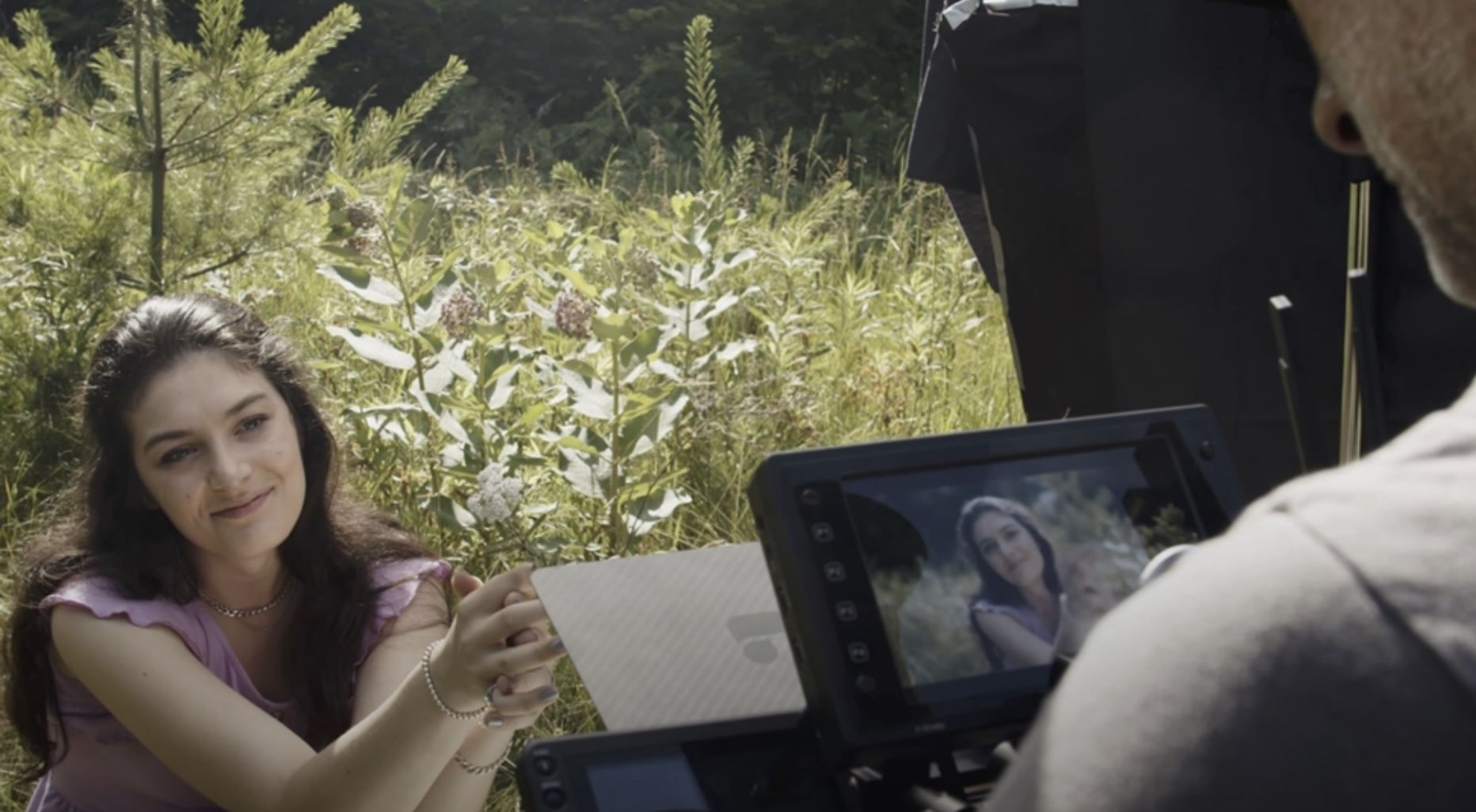
Digital takes out a lot of the guesswork. It also makes it much easier to learn because you can shoot and mess up. And then you can go straight back to shoot it properly again or probably mess up in a different way and speed up that virtuous cycle of getting better at shooting what you want to shoot.
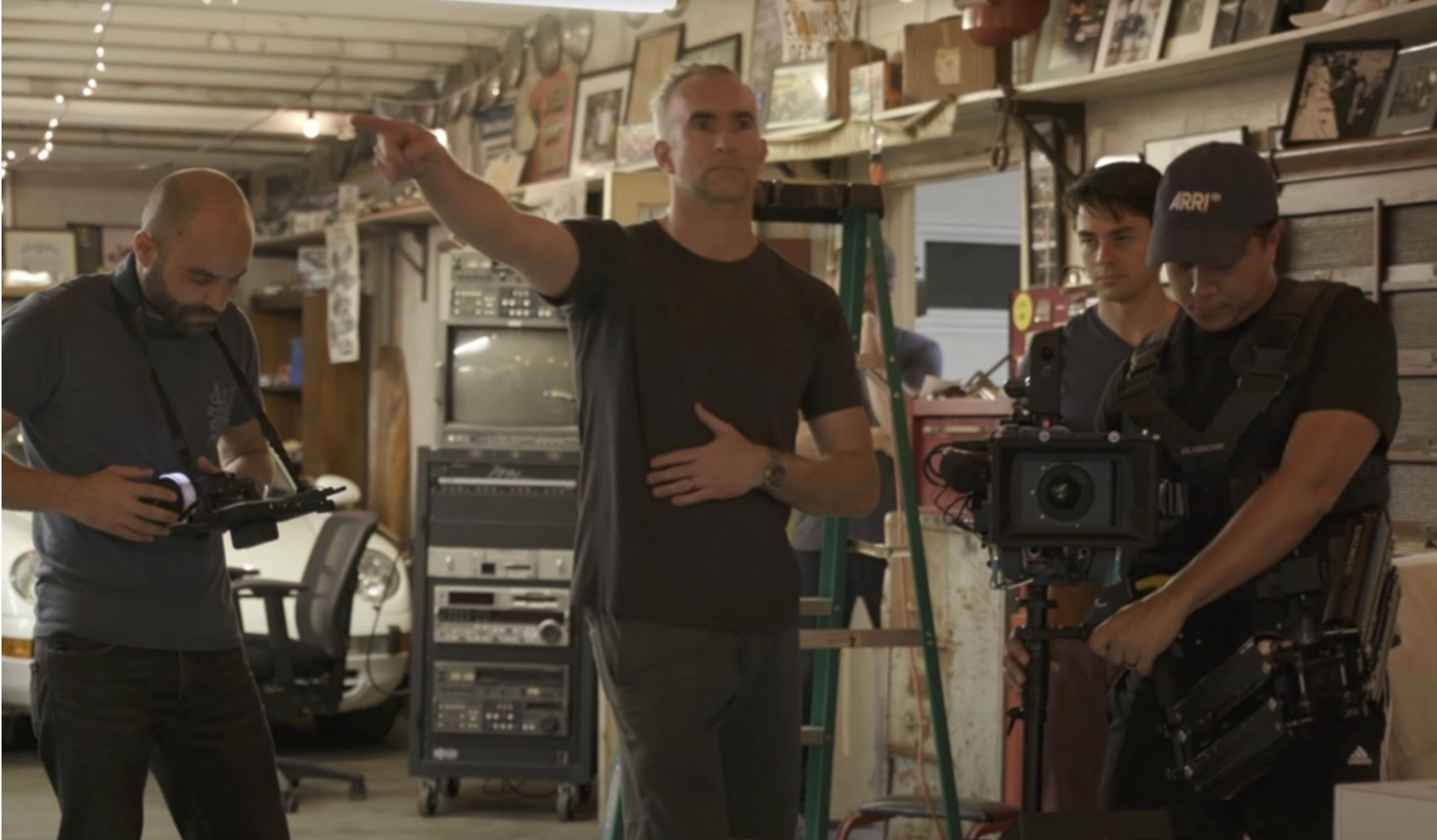
Telling the best story
In the pre-digital era and even today there were hundreds and thousands of filmmakers who have all these scripts, all these ideas, and can't raise the resources to bring them to life. When Steven Soderbergh started shooting his own films, I think it was on the Red 1, that was so unusual as to be newsworthy.
Now, the films that Steven Soderbergh shot, they're not going to win any awards for cinematography, but they do win awards as great films. Which I think says a lot in that he's not trying to make the prettiest pictures. He's trying to tell the best story and to do that, he feels like if he's the one in control of the camera and he's not constantly waiting for someone else to give their interpretation of what he's asked them to do, then he can move quicker, he can work with the actors better, he can set up his scenes, and he can tell the story better.
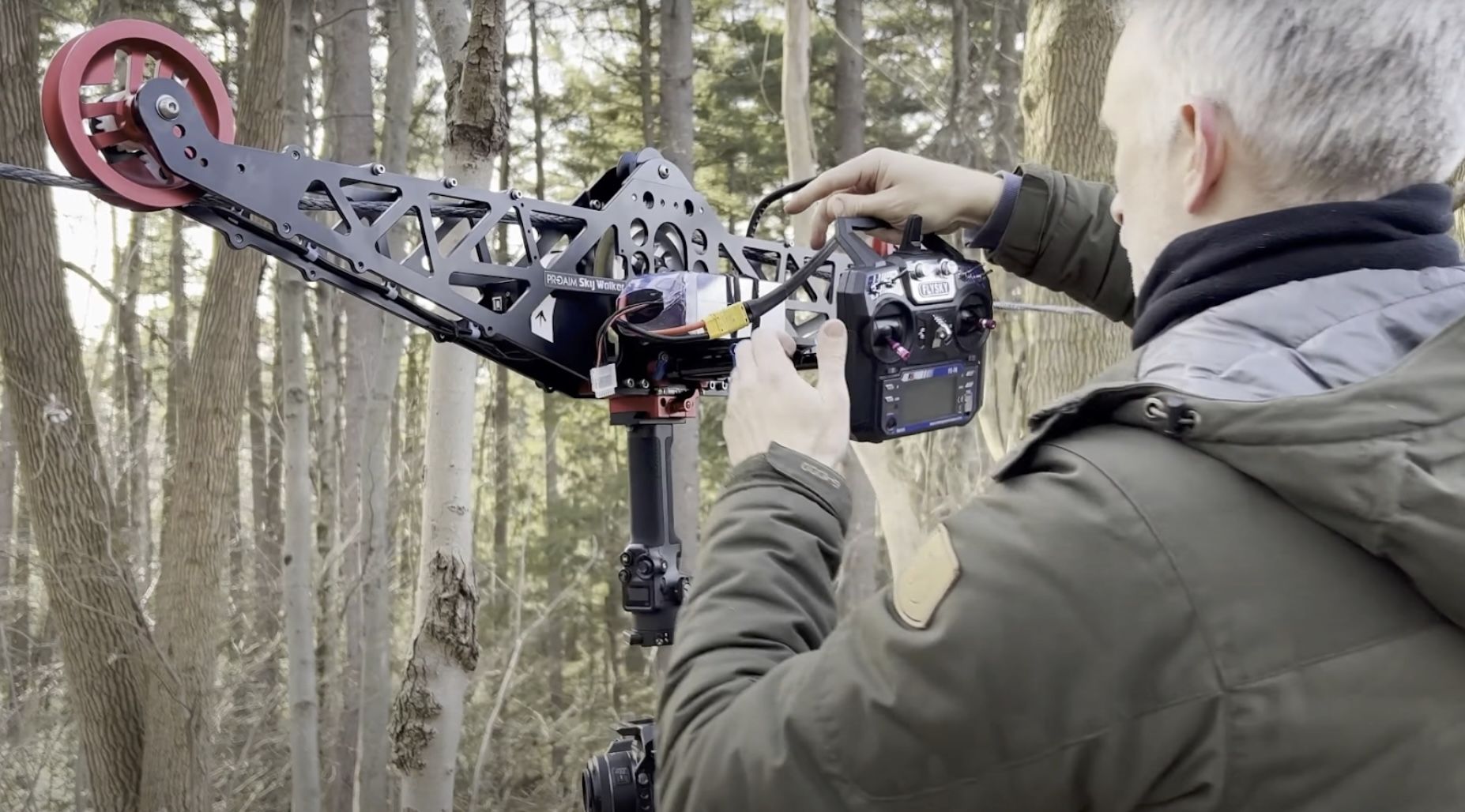
The reality is that you don't need to know everything. You don't need to be a master of mic operation; you just need to know enough that you know what's good and bad. You don't need to be a master color grader; you just need to know enough to make your images look the way that you want them to look.
You don't need to be a full-time film distributor, but if you want your film to be seen by the people that are going to enjoy it and are going to fund your next film. You just need to know enough about the process of film distribution so that you can find an audience for the films that you want to make.
The One Thing
It wasn't until I started filming my own work that my work really started improving. I stopped waiting for other people to give me permission or some guy with a camera who thought my script was worth their time. I could go out and shoot, edit it, grade it, get it seen on the internet. Built up a community. Built up my skills. Now I can get the scripts I have written, made.
The core of what I want to share is that you don’t need to be good at everything. You making a great film is not dependent on you understanding the difference between 16-bit and 32-bit audio.
It's just that learning more informs everything else. When you're more comfortable with how films are made and how films are paid for and how films make money, that then informs the type of scripts you write. Because you know what you can get made and you know the resources that you have access to.
It means you don't do what I did on my first few scripts and write intergalactic alien battles as though I had a Netflix deal for 200 million dollars. You know that script is never going to see the light of day. Whereas, a film set in a very small contained space with compelling characters, as hard as that is to write, has a much better chance of being made.
It's only when you're making films and getting feedback meaning you're making them and watching them and understanding what works and what doesn't work that you're improving as a filmmaker. You're not improving as a filmmaker just sitting around hoping something gets made.

Don't let fear of technology stop you from creating
You could say that the success destroyed them and if they had stuck to what they knew and what they were good at their career would have continued on the same trajectory.
I bought the 5D Mark II then the Mark III, then finally the c200 and had the feedback of shooting and grading, and editing that constant sense of refining what I like to do and building up my own aesthetic. Understanding how the constraints of the camera translated into the type of scene that I was going to shoot or wanted to shoot.
It was then that my career really took off. I was able to shoot whatever I wanted, whenever I wanted and not wait for someone else's permission. I really think that the most important currency of filmmaking is no longer gear, but attention. It's who you can communicate to and who's interested in the stories that you want to tell.
The only way to build that attention, to build that community, is by constantly putting out work, finding an audience for it, building an audience for it, and taking in feedback. Not necessarily what films other people want you to make, but whether or not you were able to fully realize that particular
project's potential and then adjust accordingly.
So often in filmmaking you can feel like you have all these ideas and no way to make them real. It's much better to have one small idea fully realized and out in the world than it is to have 50 perfectly written scripts that you can't raise money to make.
Learning about filming and technology and being more conscious of the constraints can help you rather than hurt you. The history of filmmaking is full of examples of filmmakers who were very successful in a small budget, small environment and when they were given a huge canvas to create whatever they wanted they then made something much less personal, much less artistic, much less satisfying, and much less popular.
You could say that the success destroyed them and if they had stuck to what they knew and what they were good at their career would have continued on the same trajectory.
I bought the 5D Mark II then the Mark III, then finally the c200 and had the feedback of shooting and grading, and editing that constant sense of refining what I like to do and building up my own aesthetic. Understanding how the constraints of the camera translated into the type of scene that I was going to shoot or wanted to shoot.
It was then that my career really took off. I was able to shoot whatever I wanted, whenever I wanted and not wait for someone else's permission. I really think that the most important currency of filmmaking is no longer gear, but attention. It's who you can communicate to and who's interested in the stories that you want to tell.
The only way to build that attention, to build that community, is by constantly putting out work, finding an audience for it, building an audience for it, and taking in feedback. Not necessarily what films other people want you to make, but whether or not you were able to fully realize that particular
project's potential and then adjust accordingly.
50 Screenplays Vs One Completed Film
So often in filmmaking you can feel like you have all these ideas and no way to make them real. It's much better to have one small idea fully realized and out in the world than it is to have 50 perfectly written scripts that you can't raise money to make.
That is my two cents on filmmaking where it is and the process of picking up a camera and shooting your own films even if they're not perfect. Even if you're a long way from what you would consider a professional cinematographer level, you can still make your films a reality in your style. I think that's much more important.
